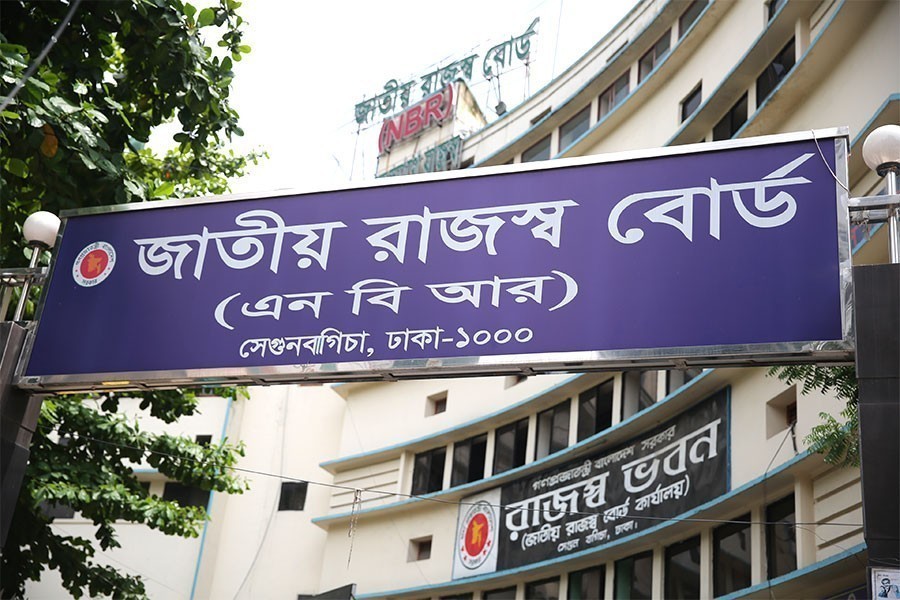Despite the hype generated by digitisation in the country, it is still intriguing why some of the key areas where digitised automation is most needed are yet to see any visible outcome. The National Board of Revenue (NBR) is a case in point. There are other areas such as land records management and tendering which are also left in the lurch. A few days ago, the finance minister expressed his disappointment to the tax officials for failing to keep the promise he made to the prime minister to automate the tax collection system. The failure of the NBR to facilitate online submission of tax returns, despite prior announcement to do so, may have irked the minister. The country's tax-GDP ratio has remained the same at 10 per cent for some years, he said, adding that unless digitised, collection of tax will not make any headway. Not just the tax wing of the NBR, the customs wing is reportedly far from making any visible progress, although years ago the Chottogram Customs House -- the country's largest Customs House -- made an announcement that it was all set to go digital. Things seem to have barely changed after a lapse of several years.
Recognising the importance of automation in a public delivery agency such as the NBR engaged in myriad activities from customs valuation to income tax assessment, it is highly imperative that the authorities look at the issues with as much urgency and professionalism as possible. It has been reported that the automation project of the NBR being planned for a while in collaboration with the development partners ran into a snag over the methodology of project implementation. Sources reportedly say the NBR wants to implement the automation centrally while the development partners prefer separate implementation segments for the different wings of NBR-- Customs, Income Tax and VAT. It is logical to go for an integrated, centrally designed digitisation and automation programme that will allow sharing of information among the various wings of the NBR, and more importantly, provide valuable help to the clients all over the country. The lofty ambition of the NBR -- continually being harped on -- to provide a single window service can only be materialised by an integrated automation programme. The task will be challenging, but similar tasks have already been well tested even in many developing countries.
Automation of the NBR has its special appeal even to the ordinary citizens, besides the business community. With the government revenue becoming more and more reliant on income tax and an increasing number of tax payers already brought under the tax net, the commoners will find an automated tax system very helpful that will not only facilitate online submission of tax returns but also e-payment of taxes with acknowledgement receipts.
The differences of opinion as to the methodology should not come in the way of automation of the NBR. The government reportedly has discussed the matter at length with the donors including the World Bank. Under the circumstances, all one can look forward to is a comprehensive automation project that will take care of all the relevant issues for the officials as well as the clients. The sooner it happens the better.


